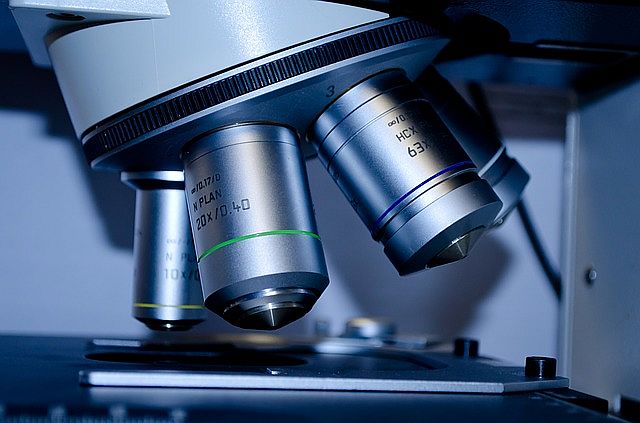Isreali researchers at Tel Aviv University (TAU) found a molecule that can induce the self-destruction of pancreatic cancer cells.
The research was conducted in human pancreatic cancer that was transplanted into mice.
‘);
_avp.push({ tagid: article_top_ad_tagid, alias: ‘/’, type: ‘banner’, zid: ThisAdID, pid: 16, onscroll: 0 });
The mice were treated with a molecule called PJ34, which affects human cancer cells. This molecule causes an anomaly during the duplication of human cancer cells and prompts their self-destruction, and the treated cells died during their multiplication process.
The treatment reduced the number of cancer cells by 90% in the developed tumors a month after it was administered.
Pancreatic cancer is resistant to all existing treatments and patients have slim chances of surviving five years after being diagnosed.
The research holds great potential for the development of a new effective therapy to treat one of the most aggressive cancers in humans.
The study was led by Professor Malka Cohen-Armon and her team at TAU’s Sackler Faculty of Medicine, in collaboration with Dr. Talia Golan’s team at the Cancer Research Center at Sheba Medical Center.
The research was recently published in the leading medical journal Oncotarget.
Cohen-Armon explained that the new study improves on a breakthrough made two years ago when the self-destruction mechanism in cancer cells was discovered.
“In research published in 2017, we discovered a mechanism that causes the self-destruction of human cancer cells during their duplication (mitosis) without affecting normal cells. We have now harnessed this information to efficiently eradicate human pancreatic cancer cells in xenografts (human organs transplanted in animals). The current results were obtained using a small molecule that evokes this self-destruction mechanism in a variety of human cancer cells.” She said.
“It is important to note that no adverse effects were observed, and there were no changes in the weight gain of the mice, nor in their behavior,” she added.
The mechanism acts efficiently in additional types of cancer, including types resistant to current therapies. The molecule is now being tested in pre-clinical trials, according to FDA regulations, before clinical trials begin.
‘);
_avp.push({ tagid: article_top_ad_tagid, alias: ‘/’, type: ‘banner’, zid: ThisAdID, pid: 16, onscroll: 10 });




